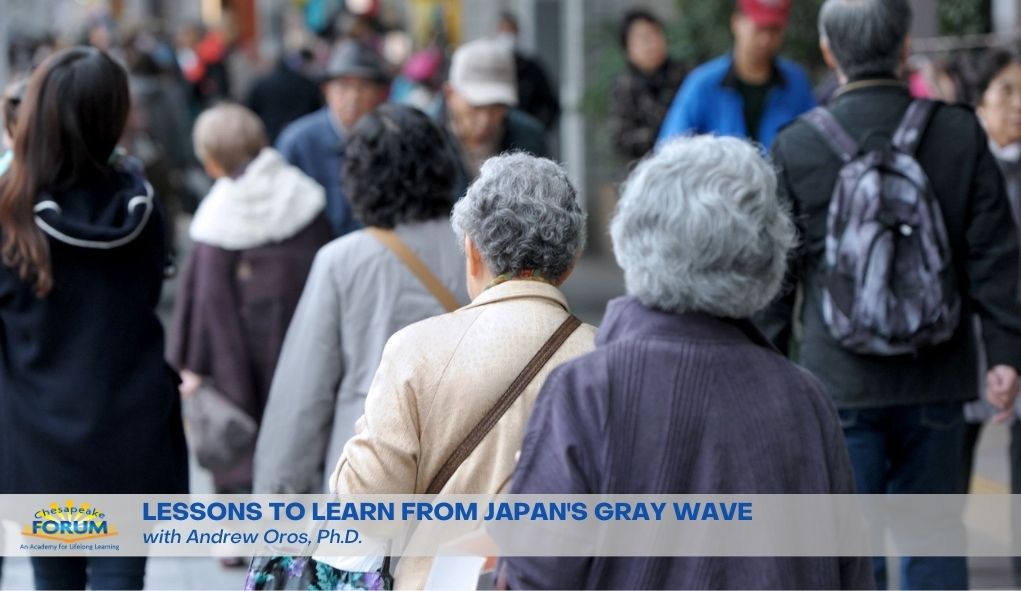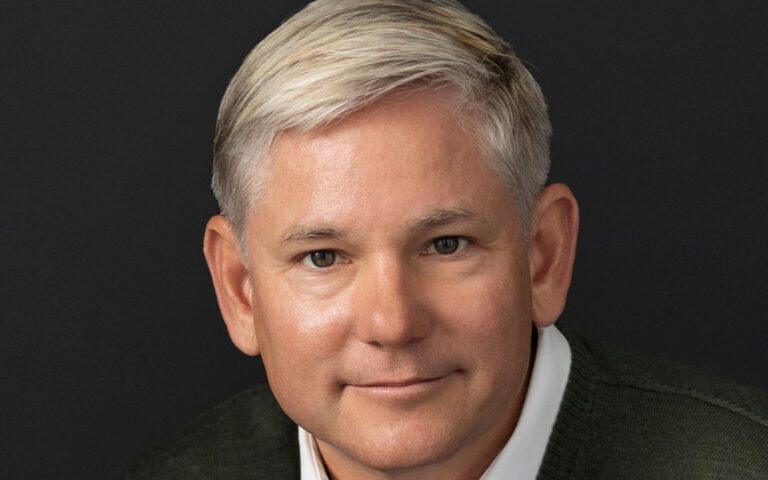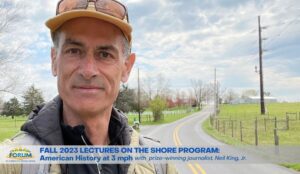Japan’s population is aging faster than any other country in the world, yet its society, economy, and military remain dynamic and world-class in numerous areas.
Japan’s population today has the highest average age of any country, with nearly 30% of the total population 65 years of age or older. Moreover, its total population is shrinking, with a projected drop from the current 125 million people to about 100 million in 2050.
These changes have far-reaching consequences, from the way that coffee shops market to customers to how Japan crafts its military strategy against its regional rivals. This lecture will present several ‘snapshots’ of challenges contemporary Japanese society faces with its rapidly aging and shrinking population, including lessons that other rapidly aging countries in Asia and Europe – and even the United States — can learn from Japan’s early experiences.
What to Expect:
- Consider factors that lead to a country rapidly aging and experiencing population shrinkage.
- Explore how Japanese traditional culture and society has adapted to fewer children, fewer workers, and more retired citizens.
- Discuss the implications for Japan’s neighbors, allies, and rivals – as well as lessons for other countries facing a future rapid aging and population shrinkage.
Course Links:





